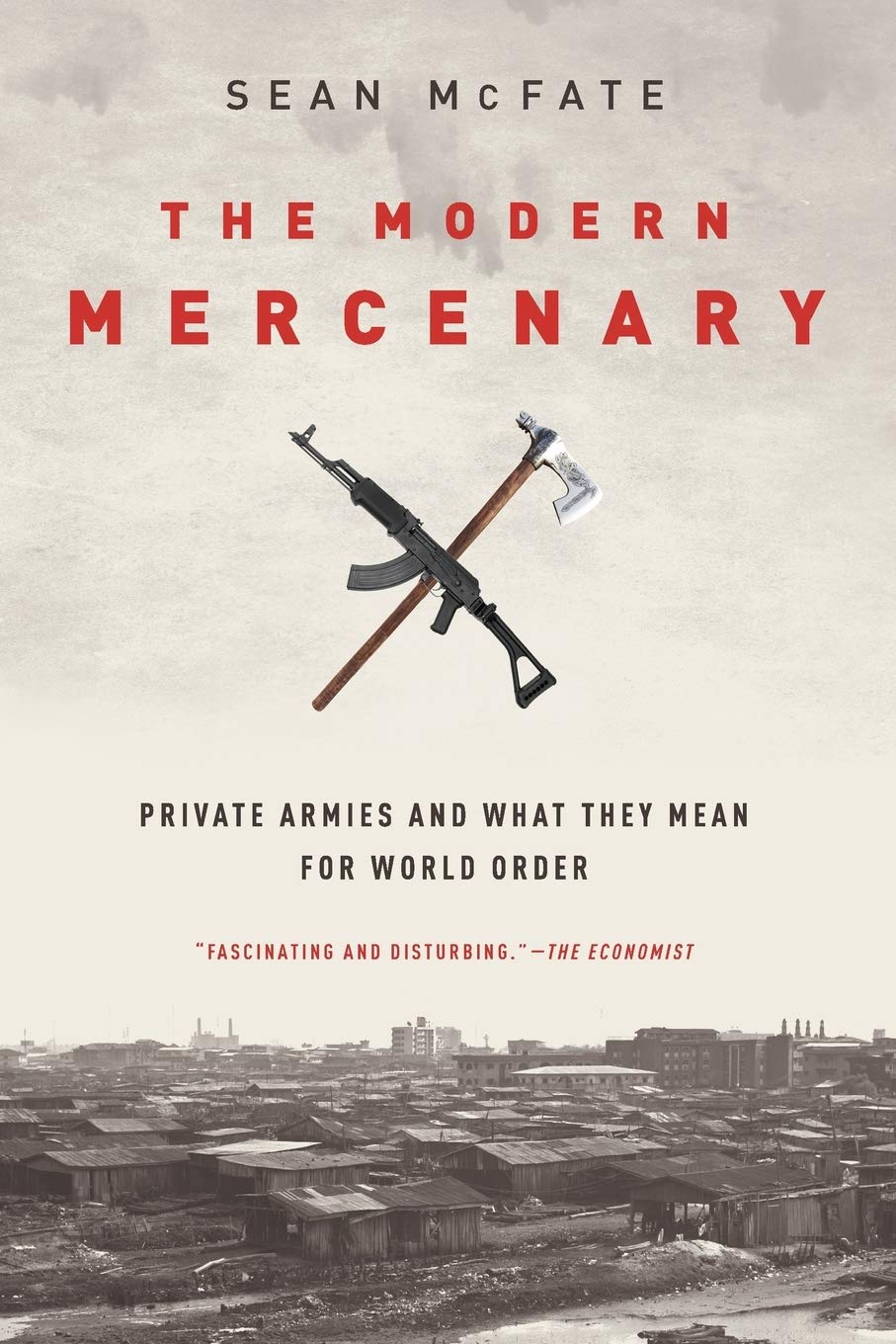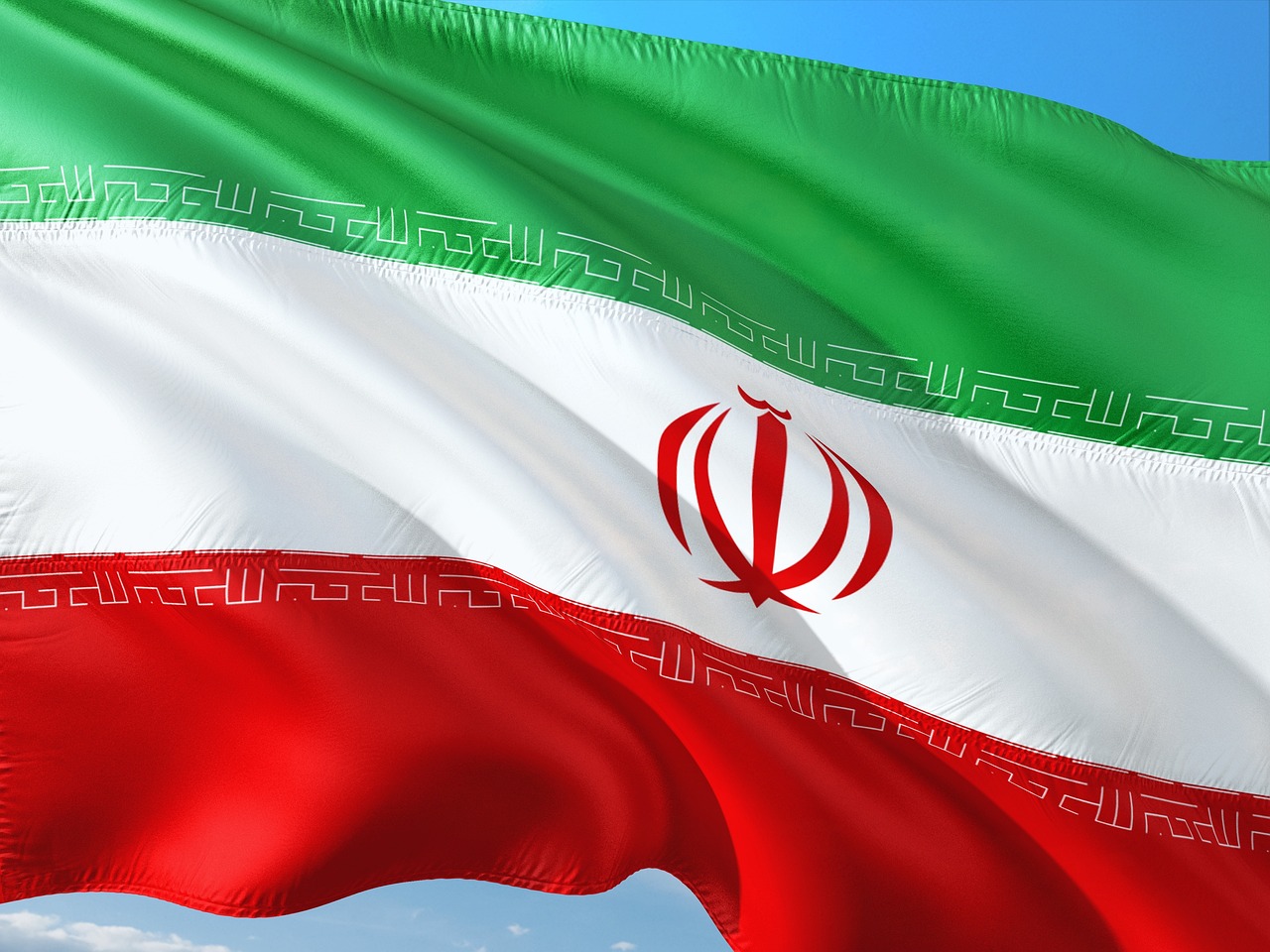“The Modern Mercenary: Private Armies and What They Mean for World Order” by Sean McFate is a thought-provoking exploration of a growing and often overlooked phenomenon in the world of geopolitics – the rise of private military companies (PMCs) and their profound implications for global security and order.
Sean McFate, a former private military contractor and professor of strategy, provides an insider’s perspective on the world of mercenaries and their role in contemporary conflicts. In this well-researched and engaging book, he delves into the history, motivations, and consequences of the privatization of warfare.
One of the book’s key strengths is its historical context. McFate traces the lineage of mercenaries from ancient times to the modern era, providing a comprehensive understanding of their evolution. He skillfully weaves historical anecdotes with contemporary examples, showing how the PMC industry has become a pervasive and influential force in global affairs.
McFate’s writing is clear, accessible, and filled with real-world examples, making complex concepts understandable to a broad audience. He navigates the intricate web of geopolitics and military strategy with ease, offering readers a captivating narrative that sheds light on the shadowy world of modern mercenaries.
The author does an excellent job of presenting a balanced view of PMCs. While he acknowledges the potential benefits of using private military forces, such as cost-efficiency and flexibility, he also critically examines the inherent risks and ethical dilemmas associated with outsourcing warfare to profit-driven entities. McFate’s exploration of the blurred lines between state and non-state actors in conflicts is particularly enlightening.
Moreover, “The Modern Mercenary” prompts readers to contemplate the broader implications of this trend on international relations and the concept of state sovereignty. It raises pertinent questions about accountability, transparency, and the erosion of state monopoly on violence.
However, some readers may find the book’s exploration of certain topics, such as the influence of PMCs on U.S. foreign policy, to be somewhat U.S.-centric. A more comprehensive examination of how PMCs operate in various regions around the world would have provided a more holistic perspective.
In conclusion, Sean McFate’s “The Modern Mercenary” is a compelling and timely work that offers valuable insights into the changing landscape of modern conflict and the role of private military companies in shaping world order. Whether you are a student of international relations, a military enthusiast, or simply curious about the evolving nature of warfare, this book is an essential read. It serves as a stark reminder that the world of mercenaries is not a relic of the past but a potent force that continues to exert a profound impact on global security and politics.
This site is free for everyone to learn about information warfare, connect with mentors, and seek the high ground! Unfortunately operating the site is not free and your donations are appreciated to keep KTC up and running. Even a five or ten dollar donation helps.







